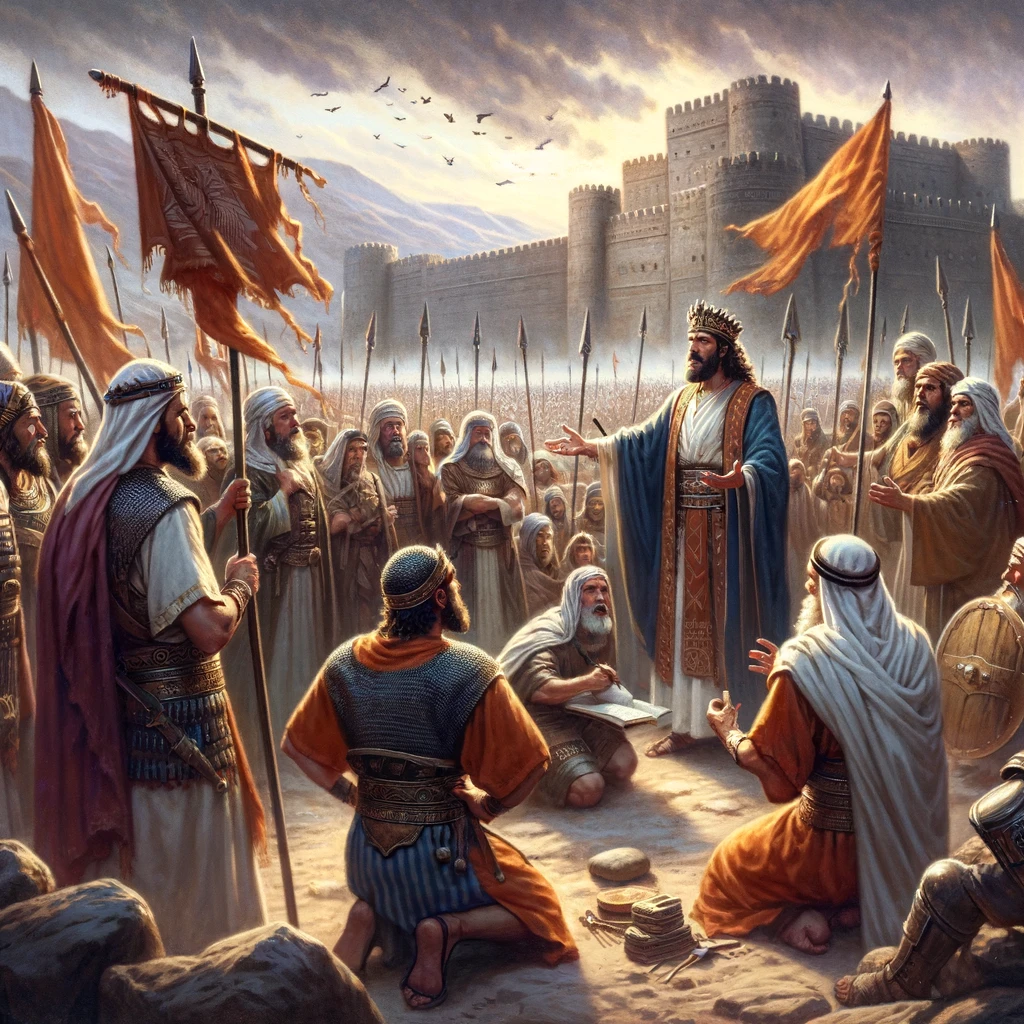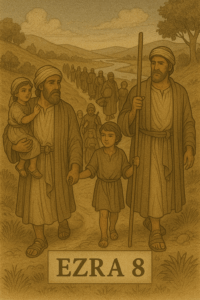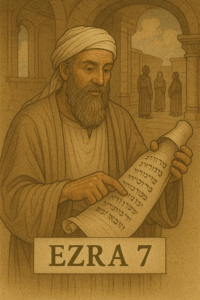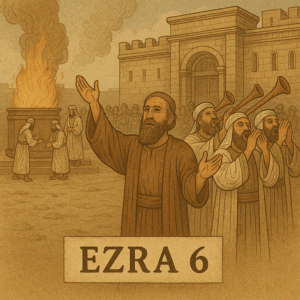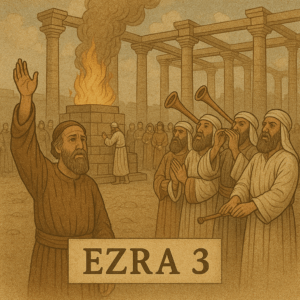Introduction.
2 Samuel Chapter 20 describes the rebellion of Sheba, a Benjamite who challenges King David’s authority following the unrest caused by Absalom’s rebellion. This chapter captures the themes of loyalty, leadership, and the consequences of division as David’s forces, led by Joab, work to restore order in Israel.
Sheba’s Call for Rebellion.
The chapter begins with Sheba, a leader from the tribe of Benjamin, inciting rebellion against David. Declaring, “We have no share in David,” Sheba capitalizes on the tribal tensions between Judah and Israel. His call for insurrection gains support from some of the northern tribes, threatening the unity of David’s kingdom.
Joab’s Pursuit of Sheba.
David tasks Amasa, his new commander, with assembling troops to pursue Sheba. However, when Amasa delays, Joab takes the initiative, assuming leadership of the forces. Joab demonstrates his ruthlessness by killing Amasa and consolidating control over the army. He then leads the pursuit of Sheba to the fortified city of Abel Beth Maakah.
The Siege and Resolution.
Joab’s forces lay siege to the city, preparing to break down its walls to capture Sheba. However, a wise woman from the city negotiates with Joab, appealing for peace. She convinces the city’s leaders to execute Sheba and deliver his head to Joab, thereby ending the rebellion without further bloodshed.
Key Lessons from 2 Samuel Chapter 20.
- The Consequences of Division: Sheba’s rebellion highlights the dangers of disunity and the importance of maintaining harmony within a community or nation.
- The Role of Leadership: Joab’s decisive actions, though controversial, demonstrate the necessity of strong leadership in times of crisis.
- Wisdom in Conflict Resolution: The wise woman’s intervention shows the power of diplomacy and wisdom in resolving conflict without unnecessary violence.
Conclusion.
2 Samuel Chapter 20 illustrates the challenges of leadership in the face of rebellion and division. While Joab’s actions reflect the complexities of maintaining authority, the intervention of the wise woman underscores the value of peaceful negotiation. As we reflect on this chapter, may we strive to promote unity, exercise wise leadership, and seek peaceful solutions in times of conflict.
